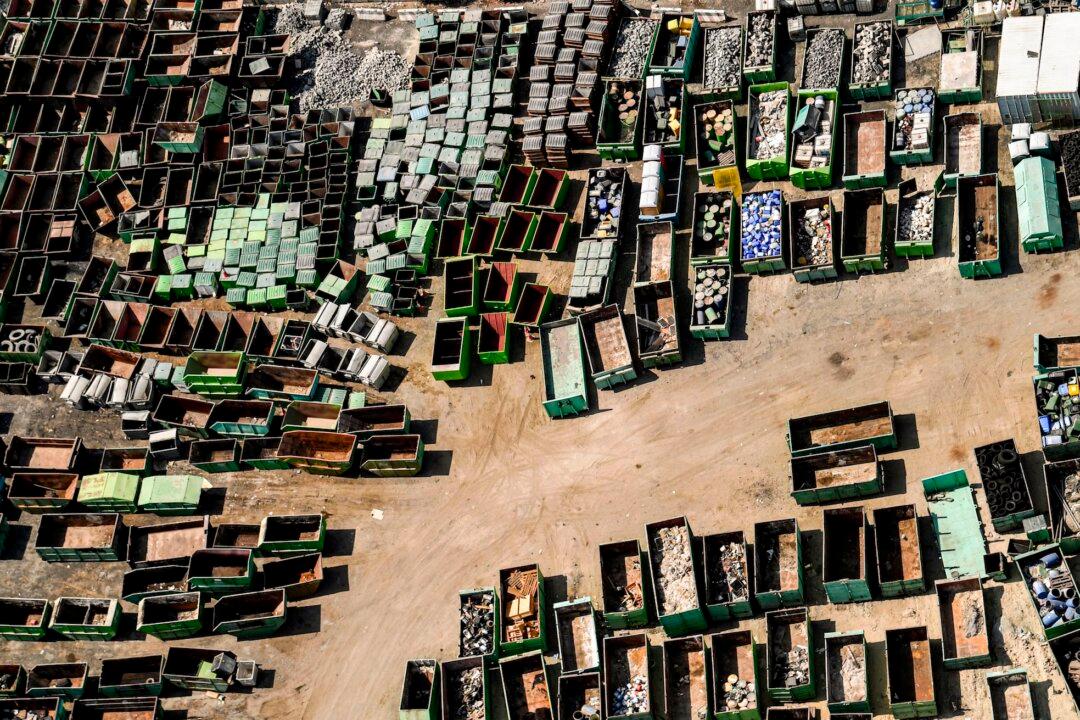President Joe Biden has issued a proclamation maintaining a 10 percent tariff rate on aluminum imports from the United Arab Emirates (UAE), reversing former President Donald Trump’s move to end the levies on his last day as president.
Biden’s Feb. 1 proclamation argues for keeping the tariffs on grounds of national security.





